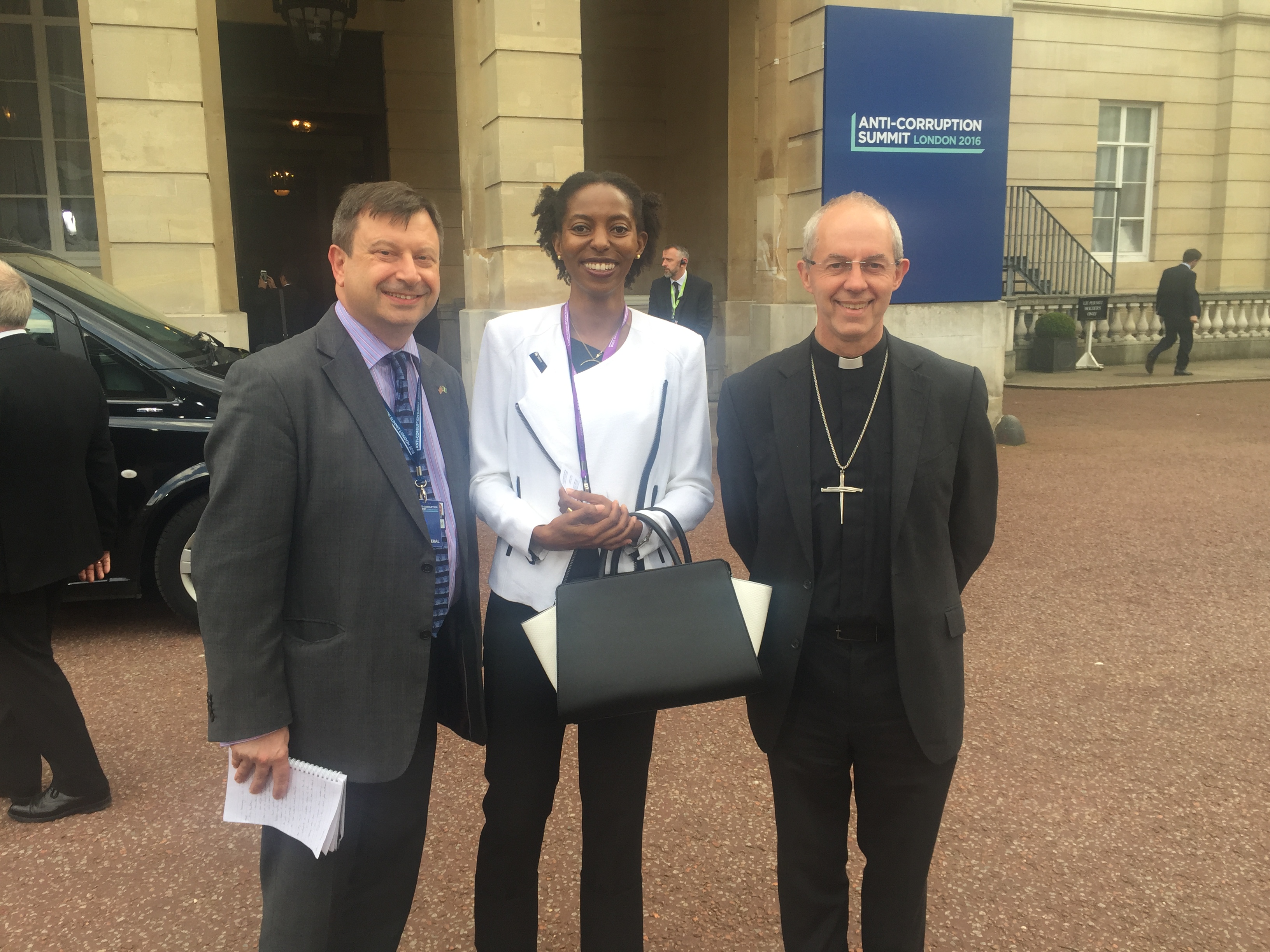
Nigeria’s quest of becoming the hub for oil and gas exploration in the West African Sub-Region formed part of the center focus of discourse at the just concluded week-long annual Offshore Technology Conference (OTC), which last week ended in Houston, United States of America (USA).
The event which featured a large turnout of participants from both the public and private sectors in Nigeria, also featured presentations by some high level global executives who were handpicked by the organizers to speak on various aspects of the industry’s performance in their respective countries.
Managing Director of the Lagos Deep Offshore Logistics base (LADOL), Dr Amy Jadesimi, was one of the key speakers at the prestigious international event with her presentation centering on “Driving Economic Growth through Indigenous Private Sector Investment in Nigeria”.
According to the organisers, the choice of Jadesimi was in recognition of her company’s achievement of reducing the cost of offshore (drilling and production) logistics support in Nigeria by a massive 50% within the past few years the company commenced full operations.
LADOL has also built West Africa’s largest vessel integration and fabrication yard, in its Free Zone, located in Apapa Port – leading to assurances by the Managing Director that in the next five years LADOL is on course to boost the Nigerian economy with 5,000 direct jobs and over 50,000 indirect jobs. The company also sponsored the Petroleum Technology Association of Nigeria (PETAN) PETAN Local Content event at the conference.
In her presentation, Jadesimi expressed optimism for the future of the local industry particularly in Nigeria, and her concerns about the current hurdles that must be overcome to reach that future.
The hurdles, according to her, included “the long contracting cycle, the foreign controlled private monopoly strangling the industry and the need for greater collaboration amongst Nigerians, in the public and private sector to create the hundreds of thousands of jobs that will be generated”.
The LADOL Managing Director however commended the administration of President Muhammadu Buhari for assuring investors that an end had come to corruption and the private foreign controlled monopoly in oil and gas logistics services that had stifled investment for so many decades.
Recall that just in March this year President Buhari endorsed LADOL for taking a lead role in the implementation of Real Nigerian Content and for making strategic investments in critical infrastructure that has not only created thousands of jobs but also built a haven for International Oil Companies (IOCs) and their service providers in West Africa.
Jadesimi noted that allied to this, “Total Upstream Nigeria Limited (Total) has also shown tremendous faith in LADOL, by investing in the development in LADOL and carrying out onshore integration in Nigeria for the first time with its FPSO platform valued at $3.8billion.
“This will be a first in the sub- Saharan Africa and is a real game changer. Total must be commended for the foresight it has shown in making such a strong commitment to real local content and driving the industry down a path that will lead to sustained job creation and improving the working environment for all IOCs” she added.
In order to overcome the hurdles which she identified as currently facing the industry, and the huge opportunities that will be realized “once these hurdles are overcome”, Jadesimi urged indigenous private sector companies who have invested in the industry, and the government to work together towards the realization of this objective.
She noted that going forward, the oil and gas industry requires a huge private investment of about ” USD20 billion per year of private money just to maintain status quo and an additional USD15billion to USD20billion to grow the market.
She said, “This means Nigeria has to become more competitive, we have to become the hub and premier investment destination for the oil and gas sector in West Africa.
“Altogether the industry is targeting production levels of 3 million barrels of oil and 10 million scf of gas per day. Fortunately, the fundamentals of the Nigeria petroleum sector are very strong, with many acreages being self-funding, when in production with strong operational and cost controls in place.
“With this huge market potential and strong fundamentals, Nigeria should naturally be the most attractive oil and gas investment destination in the world, she said.
Copyright Ships & Ports Ltd. Permission to use quotations from this article is granted subject to appropriate credit given to www.shipsandports.com.ng as the source.
